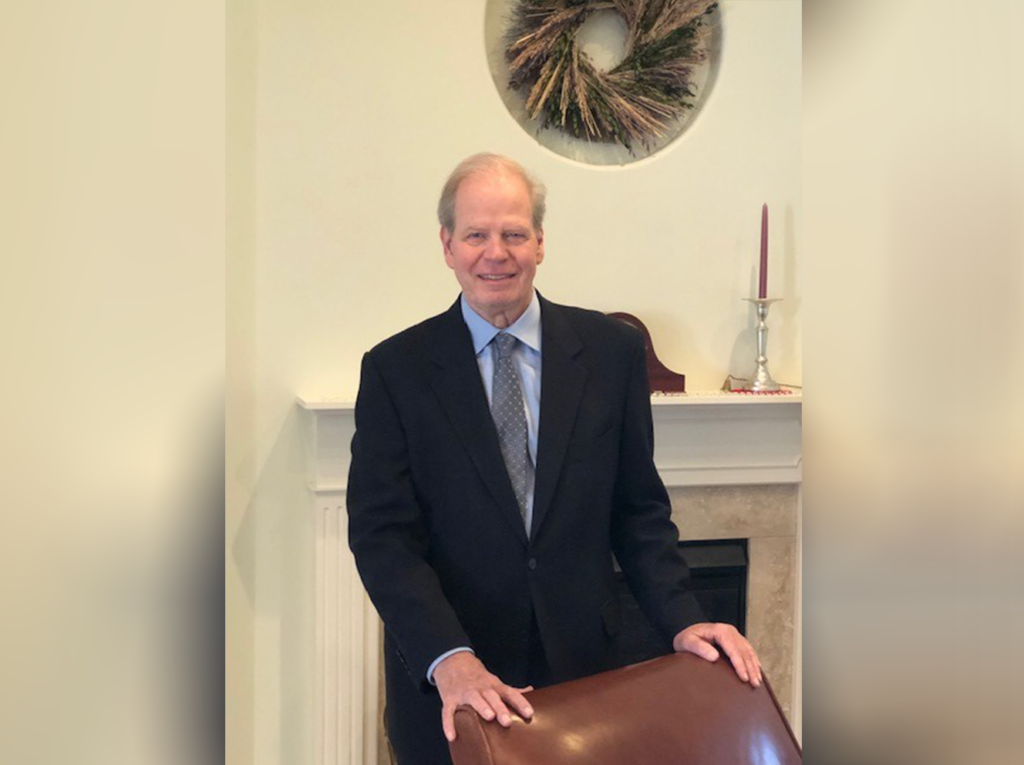Meeting with an attorney can be intimidating. A common assumption is that if lawyers are involved, it must be for negative reasons. However, your estate plan is not one of those times. An estate planning attorney can ensure that your financial and estate plans reflect your wishes and create the legacy that you want.
Preparing to Meet with your Attorney: Practical Tips
Gather information about your assets; identify family members; and review estate documents you currently have in place.
Think about these questions and practical tips before your estate planning meeting:
- Whom will you name to serve in important roles — executor/personal representative, power of attorney for financial matters, power of attorney for health issues?
They need not be the same people. In fact, because the responsibilities are different, it may be helpful to have different people handling each role. - Do your children have different circumstances that need to be addressed in the amount of their inheritance or how and when they receive it?
A common strategy is to treat all children equally, but sometimes this is not the best option for families. - What are your biggest worries?
The answers will depend on your particular circumstances but could include preserving or passing on a family business; protecting your estate from lawsuits or creditors; providing for children from a prior marriage; or anticipating disagreements among family members. - What is most important to you?
Maybe it’s providing for your children or helping your grandchildren with their education or taking care of extended family or friends who have become family. Perhaps one of your priorities is supporting charitable organizations or making a memorial gift to honor a family member or friend.
You don’t need to know all the answers before you meet with your attorney. Indeed, an important part of your attorney’s role as your advisor is to guide you through these questions. At the same time, identifying your concerns and thinking through why you have made certain choices will help you and your attorney craft an estate plan that is just right for you.
To help you prepare for a conversation with your attorney, download our complimentary Estate Planning Guide or contact the Office of Planned Giving at (617) 643-2220.







